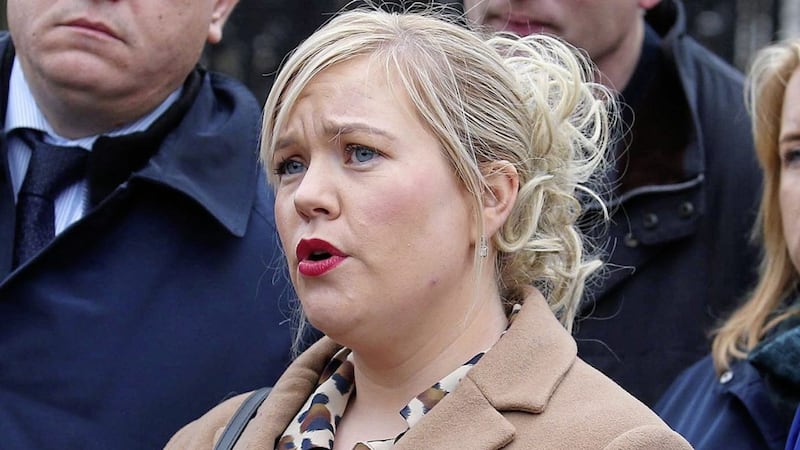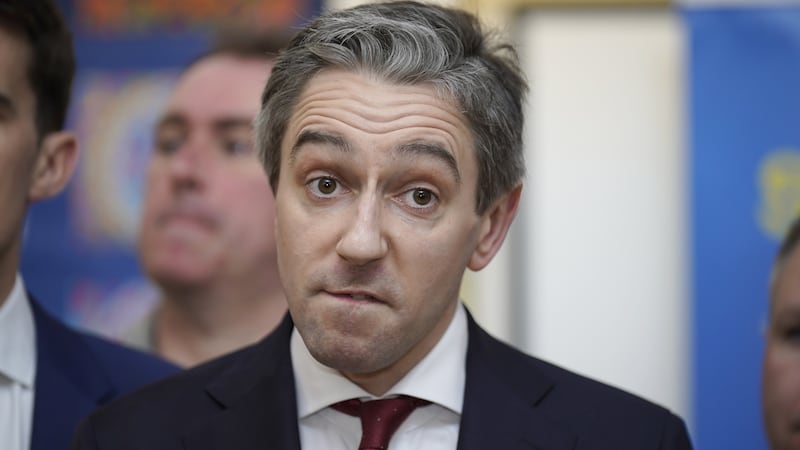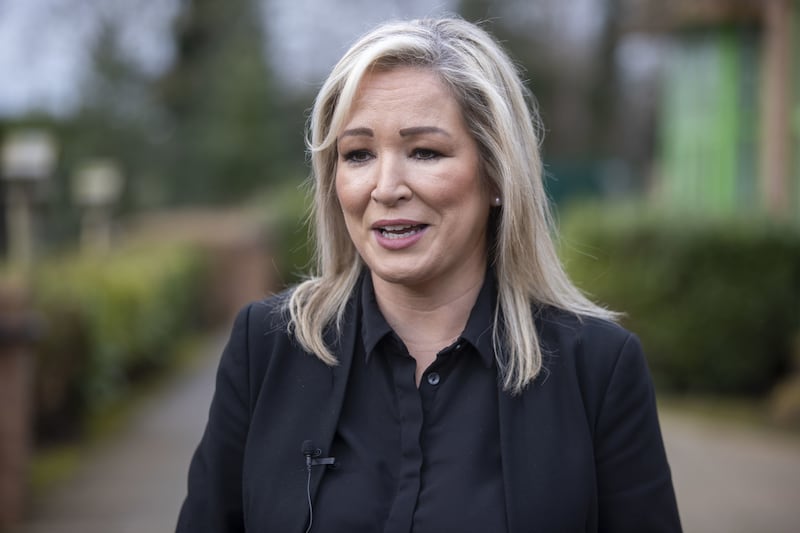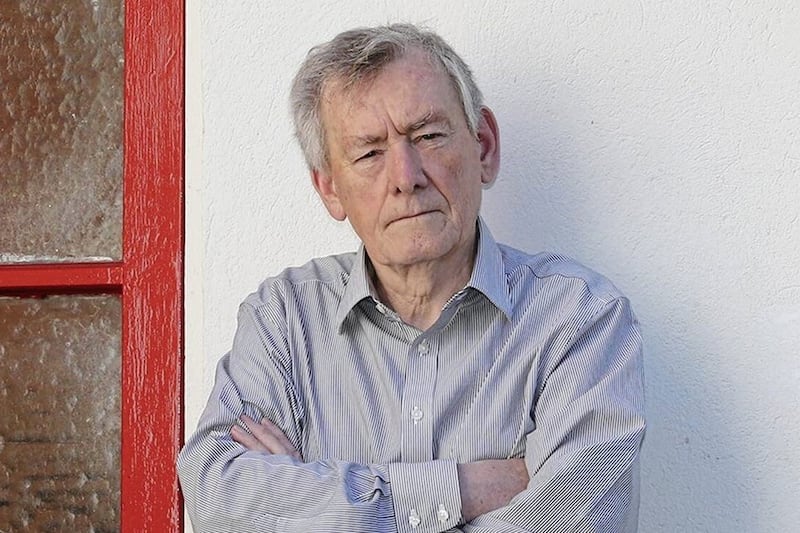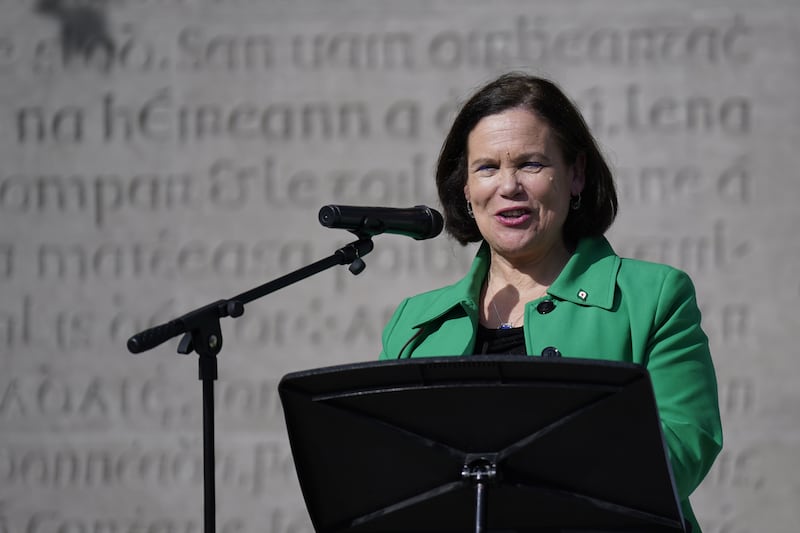TROUBLES within unionism’s two big parties over recent weeks has, to a certain degree, taken the spotlight off Sinn Féin. The upheaval in Derry that has seen veteran elected representative Martina Anderson and fellow Foyle MLA Karen Mullan stood down arguably hasn’t received the focus it merits. On the rare occasion when questions are asked publicly, the line trotted out echoes that of the Sinn Féin press office and fails to convey the magnitude of what is occurring in Derry.
News that sitting South Down MLA Emma Rogan has been deselected, isn’t necessarily on the same scale as the Foyle fallout, while the circumstances are also different, but it does suggest a pattern is emerging.
Co-opted into one of two assembly seats Sinn Féin holds in South Down after party colleague Chris Hazzard won the Westminster seat in 2017, Ms Rogan has made little impact locally or at Stormont. Prior to embarking on a party political career, she was a campaigner with the Loughinisland Justice Group, which seeks to shine a light on the murky circumstances around the UVF’s 1994 massacre at the Heights Bar, in which the then seven-year-old’s father Adrian was killed along with five others.
When unveiled as the replacement to the former infrastructure minister, Ms Rogan’s enlistment was regarded as a minor coup, giving the party “credibility”, as one former Sinn Féin MLA remarked. Yet the 34-year-old has been largely anonymous, though as glance a cross Stormont’s back benches will testify, that doesn’t automatically result in deselection.
John Finucane’s Westminster election victory in North Belfast was a morale boost for Sinn Féin but it masked flagging support elsewhere. In South Down, sitting MP Chris Hazzard saw his majority cut by 800 votes, while in Newry and Armagh the party’s share of the vote dropped by eight percentage points. It was a pattern repeated across the board. Sinn Féin’s abstentionist policy may account for its comparatively poor general election performance but party strategists aren’t taking any chances. The party wants candidates that can as good as guarantee electoral success.
In the north, Sinn Féin has been complacent over the past decade, believing its dominance of the nationalist electorate was a given. However, a resurgent SDLP and growth in support for Alliance has set alarm bells ringing. It’s no longer an assumption that Sinn Féin is on course to take the first minister’s role if the DUP’s vote continues to go south, as the electoral field is becoming increasingly open.
What events in Derry highlight is that within Sinn Féin’s well-oiled machine, there is no place for sentimentalism. The party, rather than the person comes first, as Martina Anderson learned the hard way. If difficult decisions need to be taken, then ranks will close around the leadership, increasingly directed from Dublin, and the line will to toed by veterans, who may see their former friends and comrades cast out into the cold.
Discipline will be typically tight also if the party plans to go against its recent record and replace one of the two departing female Foyle MLAs with a male, in the shape of Fiachra McGuinness, son of the former Sinn Féin deputy first minister Martin McGuinness.
As Arlene Foster highlighted recently, politics is a brutal game – and that applies across the board.
